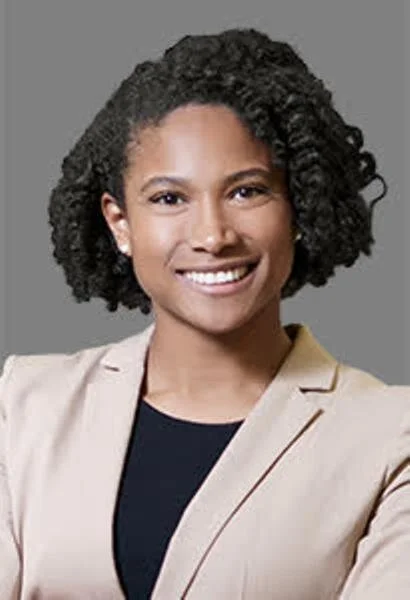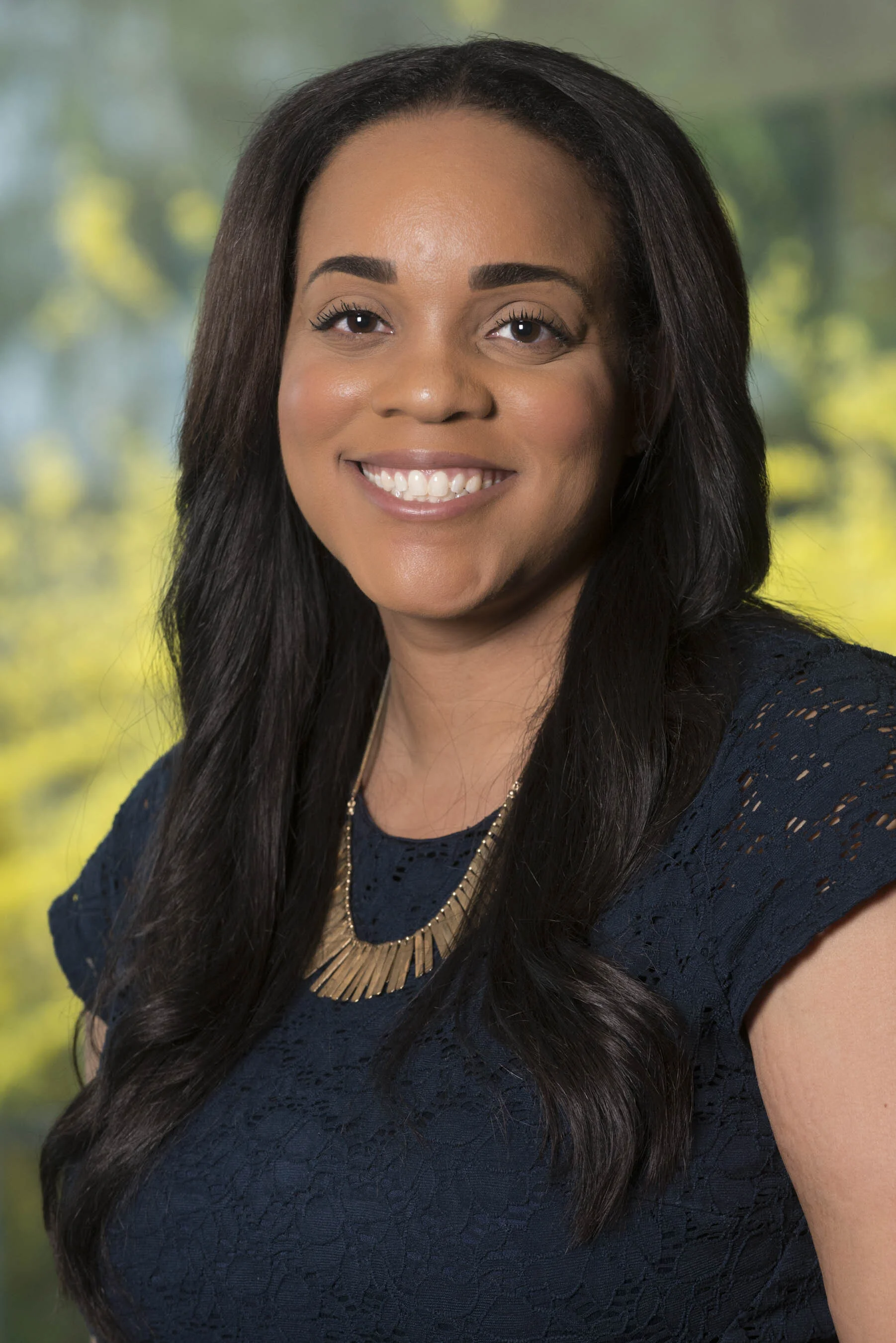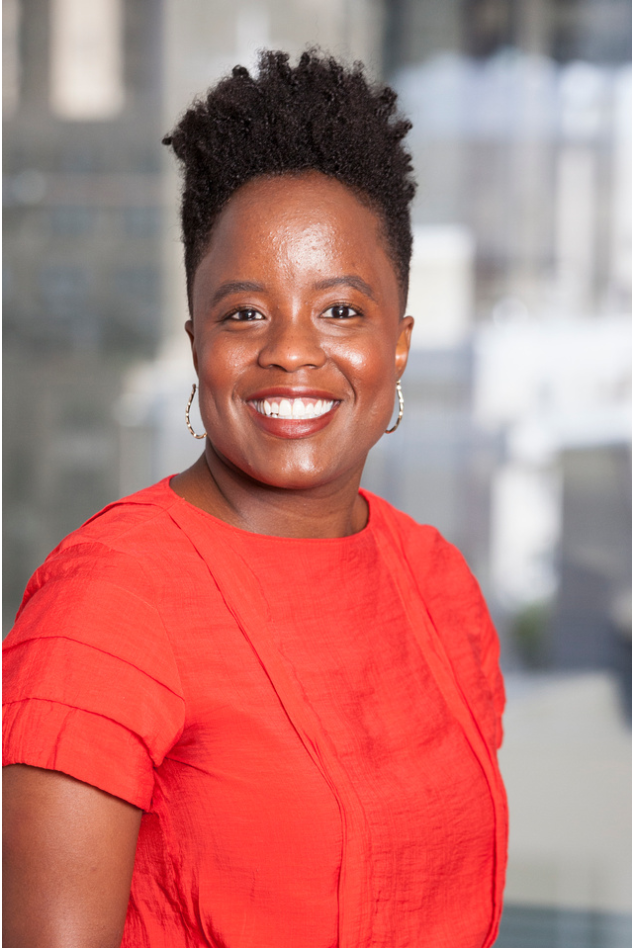Erin McGee, Management Consultant
Hi, Erin! Thank you for doing this! Let’s start by having you describe what you do.
I’m a management consultant which for me means that I work closely with the C-suite of Fortune 1000 companies. I do a lot of work with Chief Financial Officers and finance leads. My primary objective is helping with cost take-out. That is inclusive of headcount reduction, future-proofing technological capabilities and redesigned processes. For example, it might entail going in and working with several people who work with the CFO to conduct an assessment of what may be redundant and areas where technology might provide unseen business advantages. As a result, I might suggest a redesign of accounts receivable amongst a set of other recommendations. The CFO would then indicate which of those recommendations they’re interested in, and then we implement it.
Do you like what you’re doing?
In consulting, the work will be one of three things: people, technology, or process. I like the process and technology parts. Those are the spaces for me where I can really step into the work — I just get it. Where I waver and have to confront my views on capitalism is the people part, and implementing recommendations such as reducing staff by half. In my last project, I reduced four jobs that were moving to China. You could say “Well, it’s only four.” But I had to talk to those people every day. It doesn’t feel great.
What would you say is your favorite part of what you do?
I really enjoy the people I get to work with. We have a lot of fun. I’ve worked with this set of coworkers for six and a half years. With that group of people, I do feel that I can be my authentic self at work and all of the things that come along with that, which I think is rare.
Can you describe your career path?
In undergrad, I was a business major, and I got my master’s degree in accounting. I’m a CPA (certified public accountant) and I started my career at Ernst and Young doing tax accounting. After two years, I wanted to do something different, and consulting allows you to do something new all the time. A friend of mine worked at a boutique consulting company and so I started working there. I loved it — I loved that it was smaller, and I loved that it was something different every day. Eventually that company was bought out by the company I’m at now.
What do you think are the necessary conditions for feeling fulfilled and being yourself at work?
It takes time. You have to get to know and trust leadership. For example, the people I’ve been working with, we used to get into arguments related to diversity and inclusion (D&I) — things like what it means to have privilege. When I would have my end-of-year review, they would give me a glowing report. They would say “Erin really pushed the needle on this and helped us understand this issue.” Knowing that they support me means a lot. In this new company, I know that these four guys can block and tackle for me if someone doesn’t value D&I work or my bringing it up. They’ll allow me to grow in my role and contribute towards interesting and rewarding projects.
How do you apply D&I to the work that you do?
It’s done more internally. In consulting, we have client work and internal initiatives. On the internal side, I try to do a lot of D&I related to recruitment, retention, and promotion. I’m the recruitment chair for New York University. I do things like identify student groups, or implement blind interviews for prospective hires. For retention, I organize working groups, lunch and learns, and cultural celebrations to learn more about our colleagues’ and their backgrounds. We’ll do Diwali soon, and Passover and Hanukkah. I think it’s interesting and creates safe spaces for people to talk about who they are.
What about on the client side? How do you apply D&I to that part of the work?
It’s really hard. A colleague of mine has dealt with situations where a client wants to cut senior leadership, many of whom are people of color and replace them with new leaders, all of whom are white men. To persuade executives away from doing that, she’ll present the legal risks — that replacing senior employees of color plays into potential accusations of ageism, or racism. She would highlight all of the institutional knowledge those senior-level individuals will take with them. Ultimately they’re a client, though, so if they aren’t into a more D&I aligned recommendation, there isn’t much that we can do.
What else do you do to feel fulfilled?
I used to play rugby, but now I’m too broken. (laughs) I do a lot of reading. I hang out with my boyfriend and we’ll read books together. I’m in the process of trying to buy a condo so that’s taking up time. I love going to museums, and working out. I’m hoping to learn how to cook soon. I also love to travel, I just got back from a 2 week trip to Japan. That’s what I do with my spare time.
What are you excited about for the future?
I’m excited to have more control over my career. I think in the next few years, doors will open up and I will eventually make the pivot out of consulting and into whatever my next move may be. I’ve thought about going to a tech startup. I’m also very interested in big data and continue to toy with the idea of going back to school to become a data scientist. And, also, just elevating my personal life — being a homeowner, getting engaged, continuing to grow my relationships with friends, being close to family. I feel like my life sounds boring (laughs), but that’s really what I’m looking forward to.
Please share this post with a friend, and follow us at @BlackWomenWorkIG!



